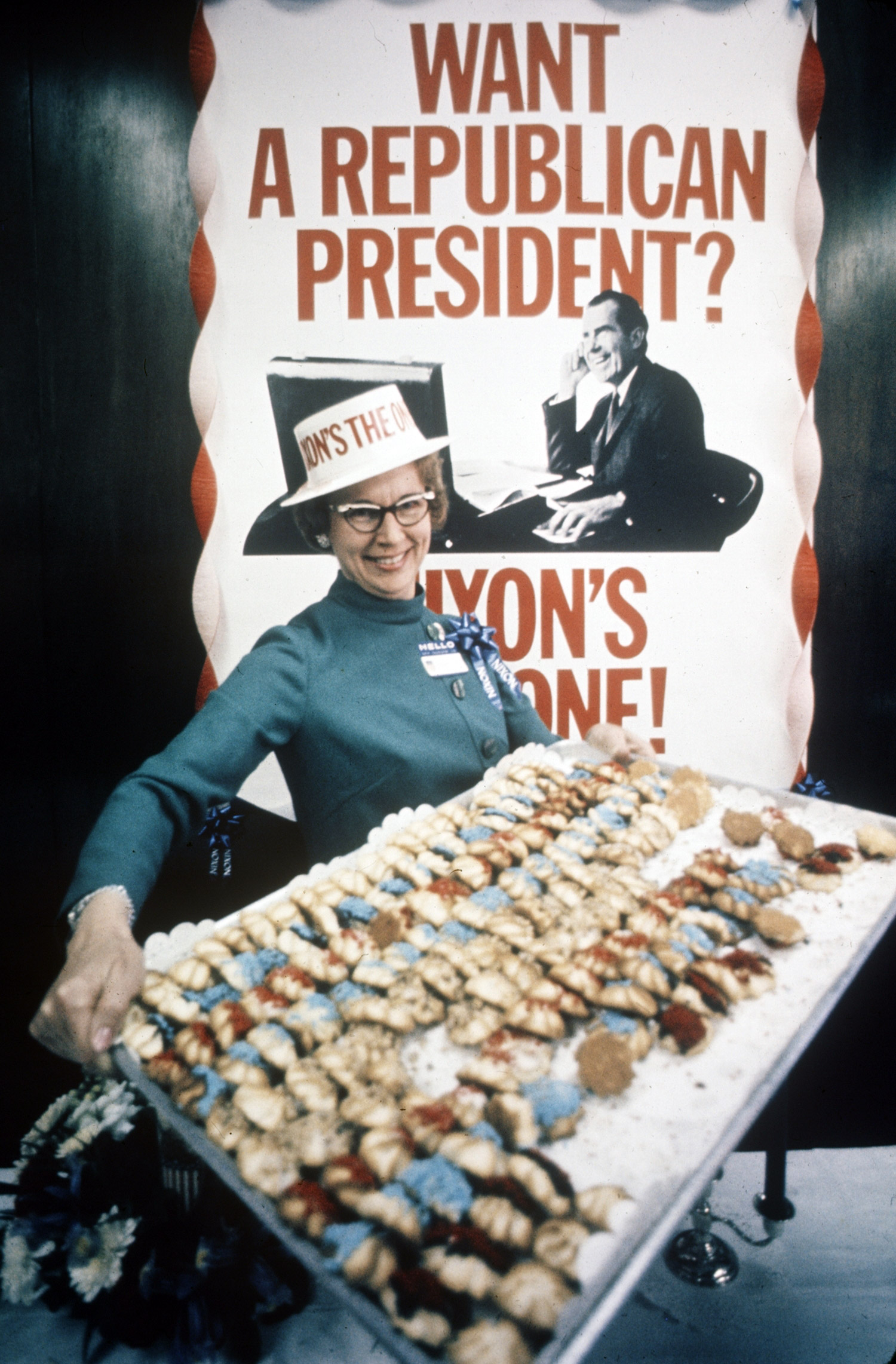
On Tuesday, Feb. 9, this year’s crop of presidential candidates will duke it out for the affection of Granite State voters, as the field continues to narrow on the path toward election day. Many have described this election cycle as crazier than usual: it’s got fringe candidates on the rise, wildly unrealistic economic platforms and even damning accusations wielded in now-deleted Tweets. But 1968, as it turns out, had its own fair share of crazy.
The major candidates in that year’s primary on the Republican side were George Romney and Richard Nixon—who would, of course, go on to become the 37th president of the United States. Despite Romney’s showing as the “most energetic by far of all the candidates,” the Michigan governor would collect less than 2% of votes. On the Democratic side, President Johnson had not yet decided whether to run (he ultimately would not) and Robert F. Kennedy had yet to announce his candidacy (he would be assassinated only months later), but Eugene McCarthy had already come out as a challenger.
But the most colorful stories from New Hampshire that year could be found with the lesser known candidates, in whom LIFE’s Assistant Editor Margery Byers took a special interest.
For example, there was Austin Burton, “a Republican who makes psychedelic posters in Greenwich Village.” Burton attempted (and was ultimately not allowed) to declare his candidacy under the name Chief Burning Wood, explaining that he was “one eighth Indian and was made a chief by three Oneida princesses on a TV show.”
There was also Don DuMont, a Republican Good Humor salesman from Chicago whose campaign cards described him as “a 64-year-old, up-to-date Good Humored square with rounded corners.” The only “false thing” about him, he said, were his brand new teeth. Meanwhile, Herbert F. Hoover, fourth cousin of the former president, was running an anti-war campaign—but his slogan “Peace is Possible” was drowned out by detractors joking, “I thought you were dead.”
And those who have been shocked by Donald Trump’s campaign statements about Muslims in America may find it even harder to believe the platform of another of ‘68’s contenders, an Ozark farmer named Laurence Smith. If elected as vice president, Smith planned to “repatriate” black Americans to Africa.
Needless to say—considering that the governor of Michigan couldn’t even crack 2%—Smith, DuMont and their compatriots in the margins may have made the news, but they barely registered on in the voting booths on that cold New England day.
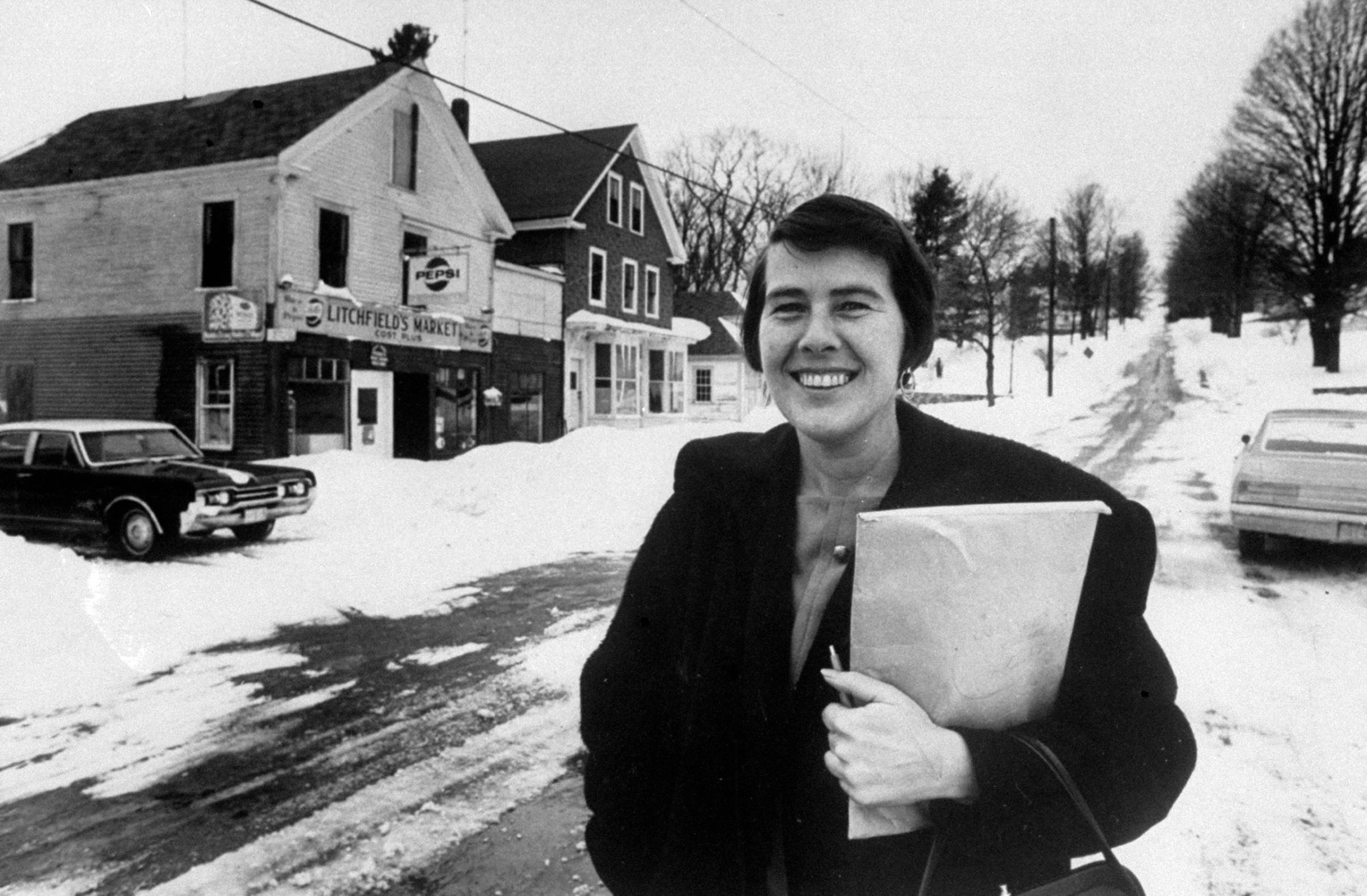
Liz Ronk, who edited this gallery, is the Photo Editor for LIFE.com. Follow her on Twitter @lizabethronk.
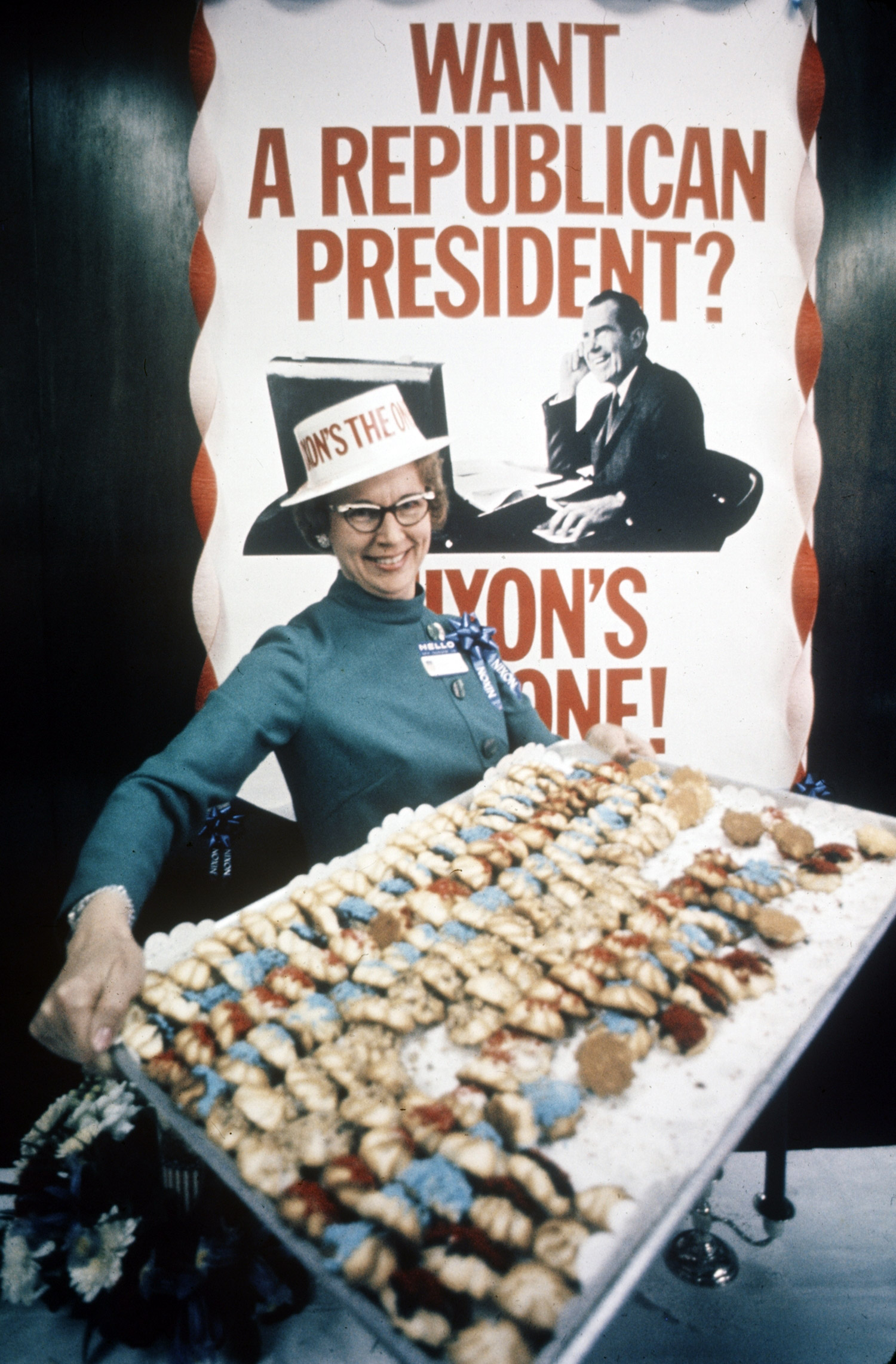
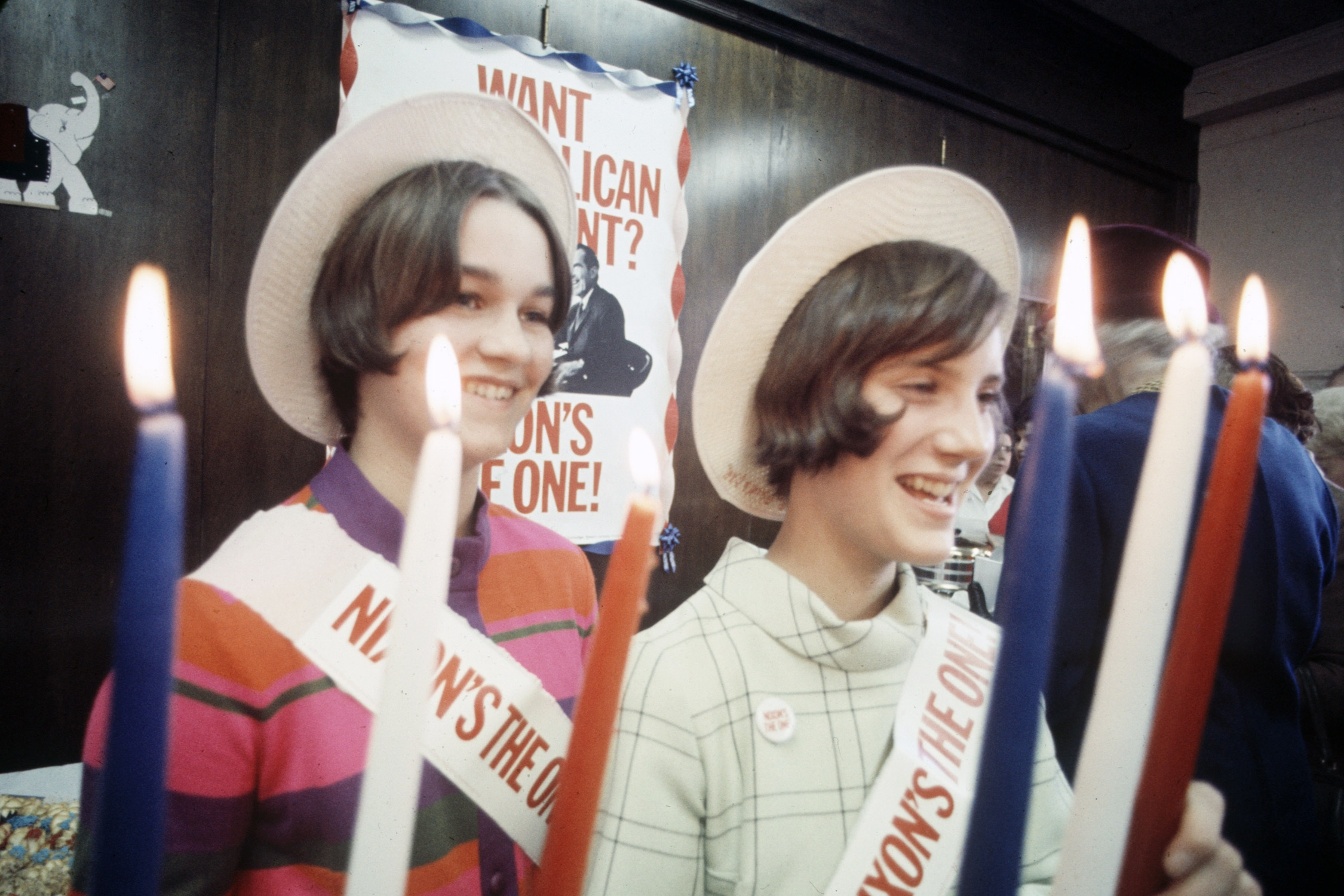
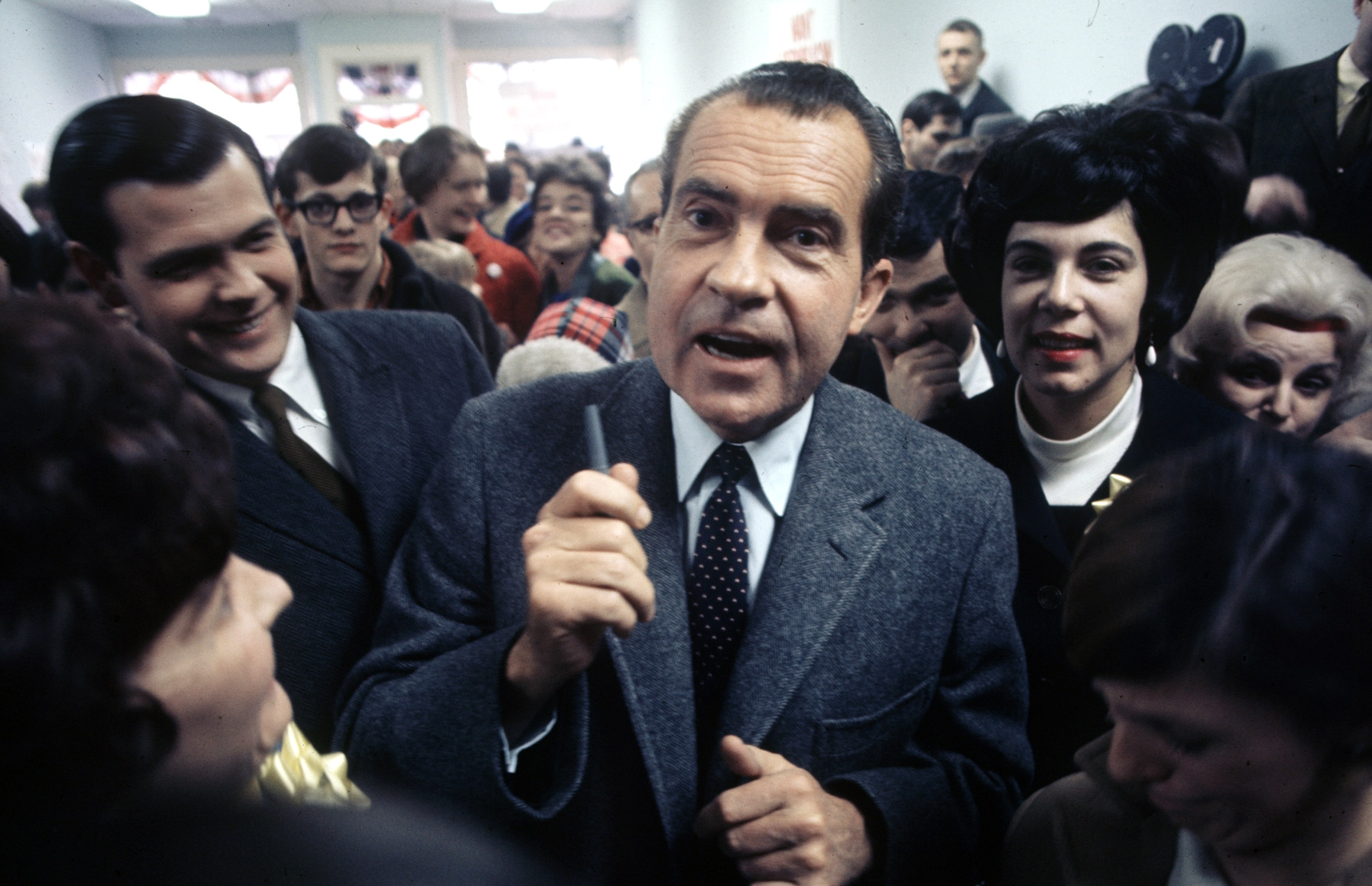
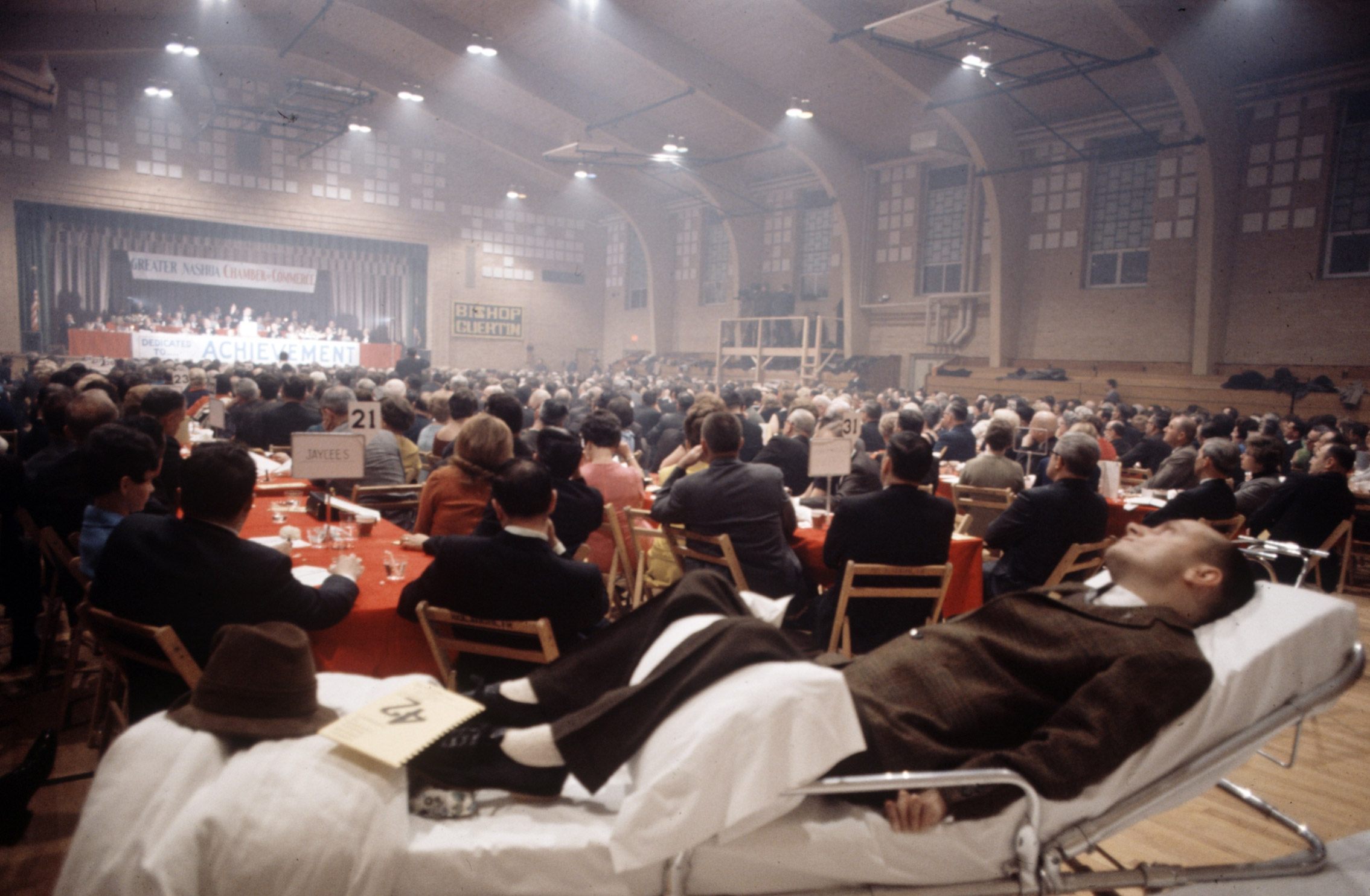
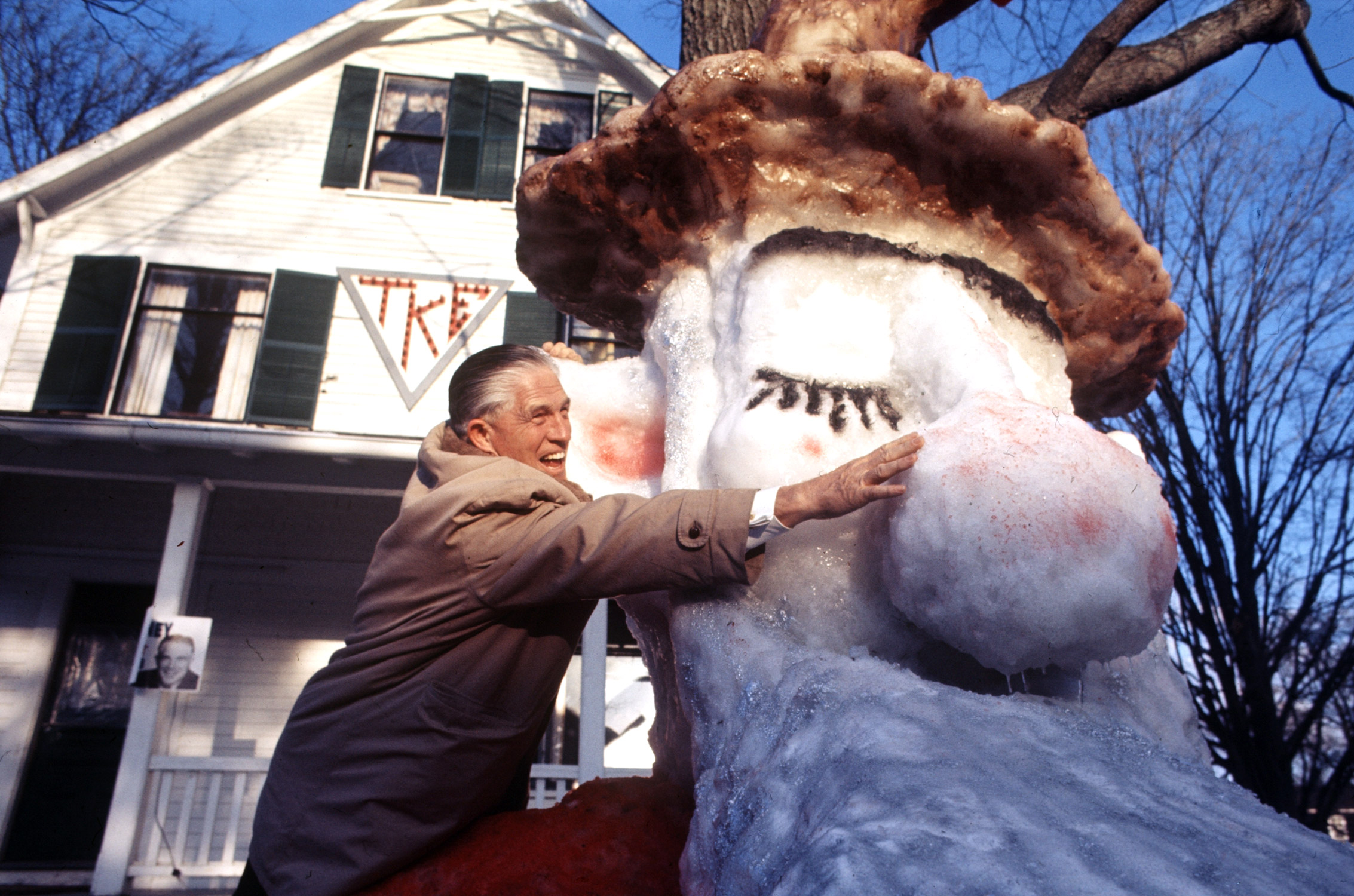
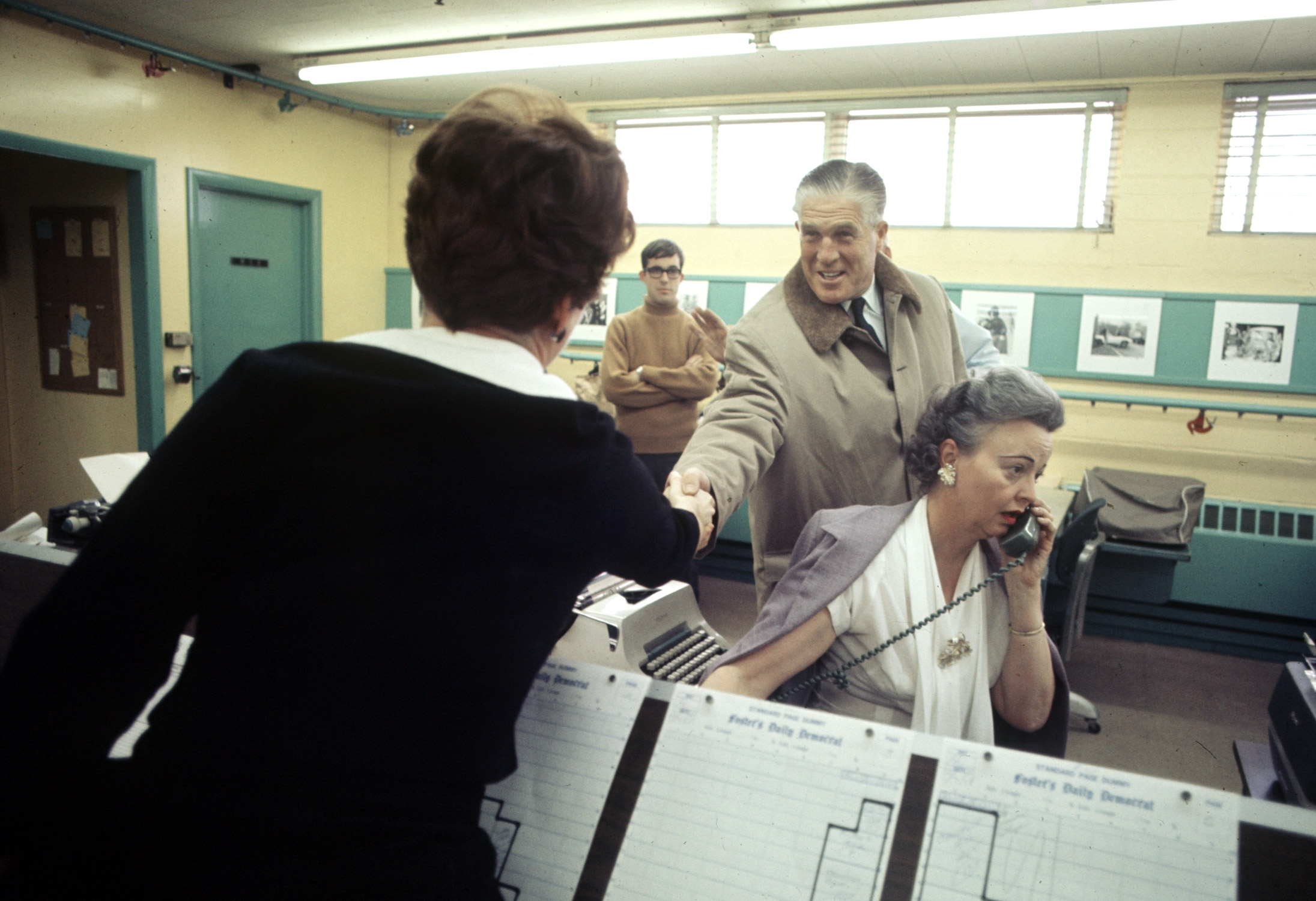
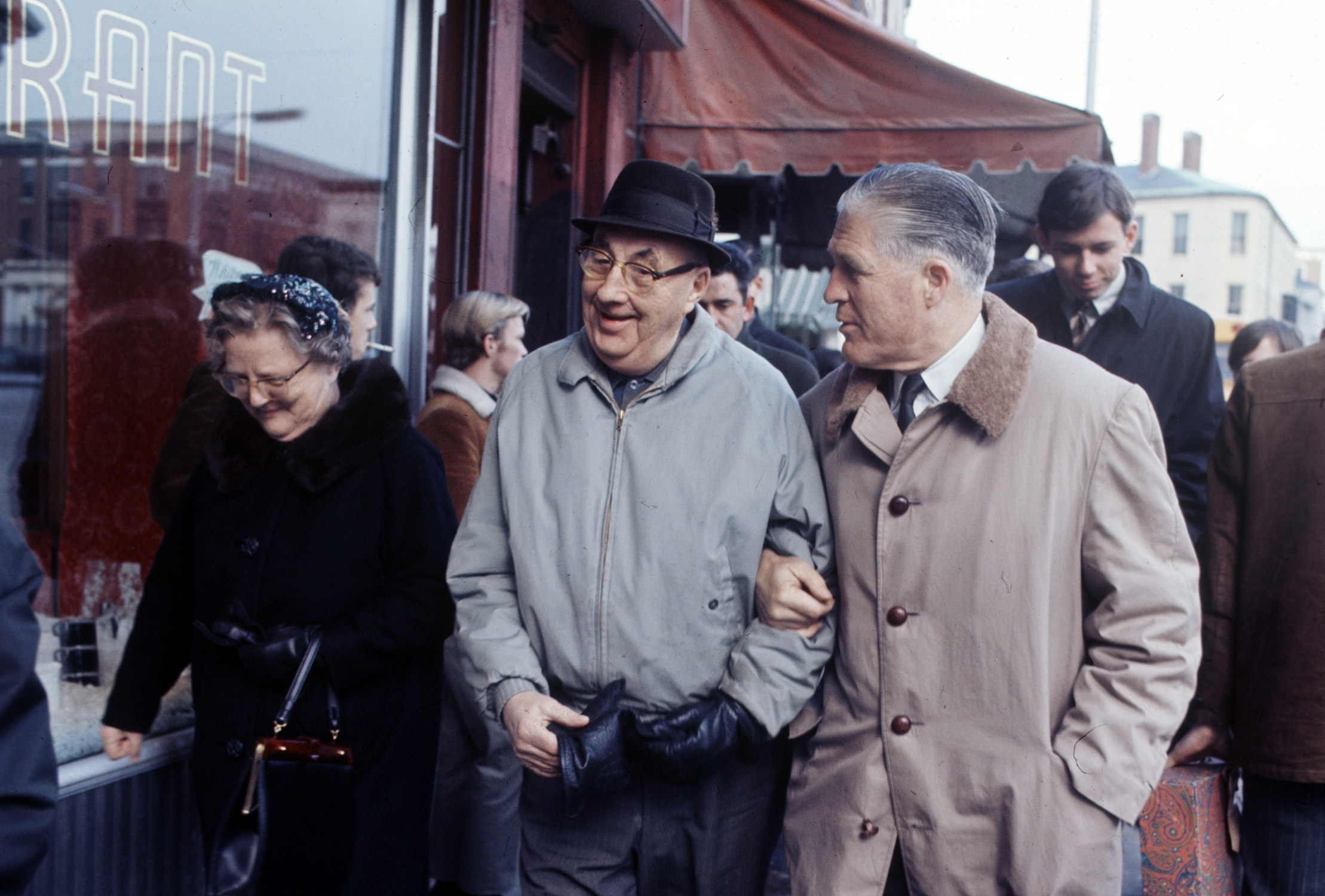
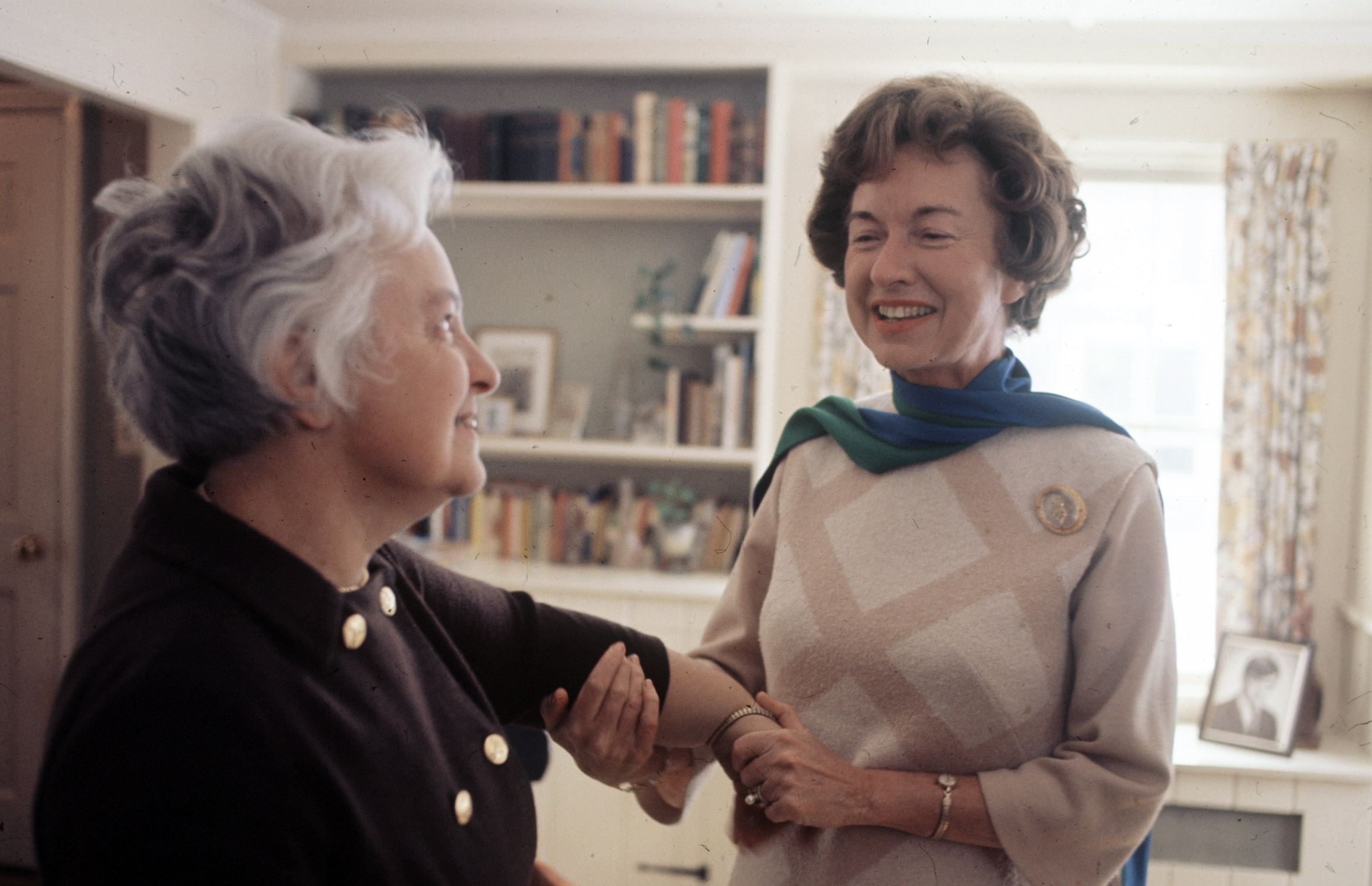
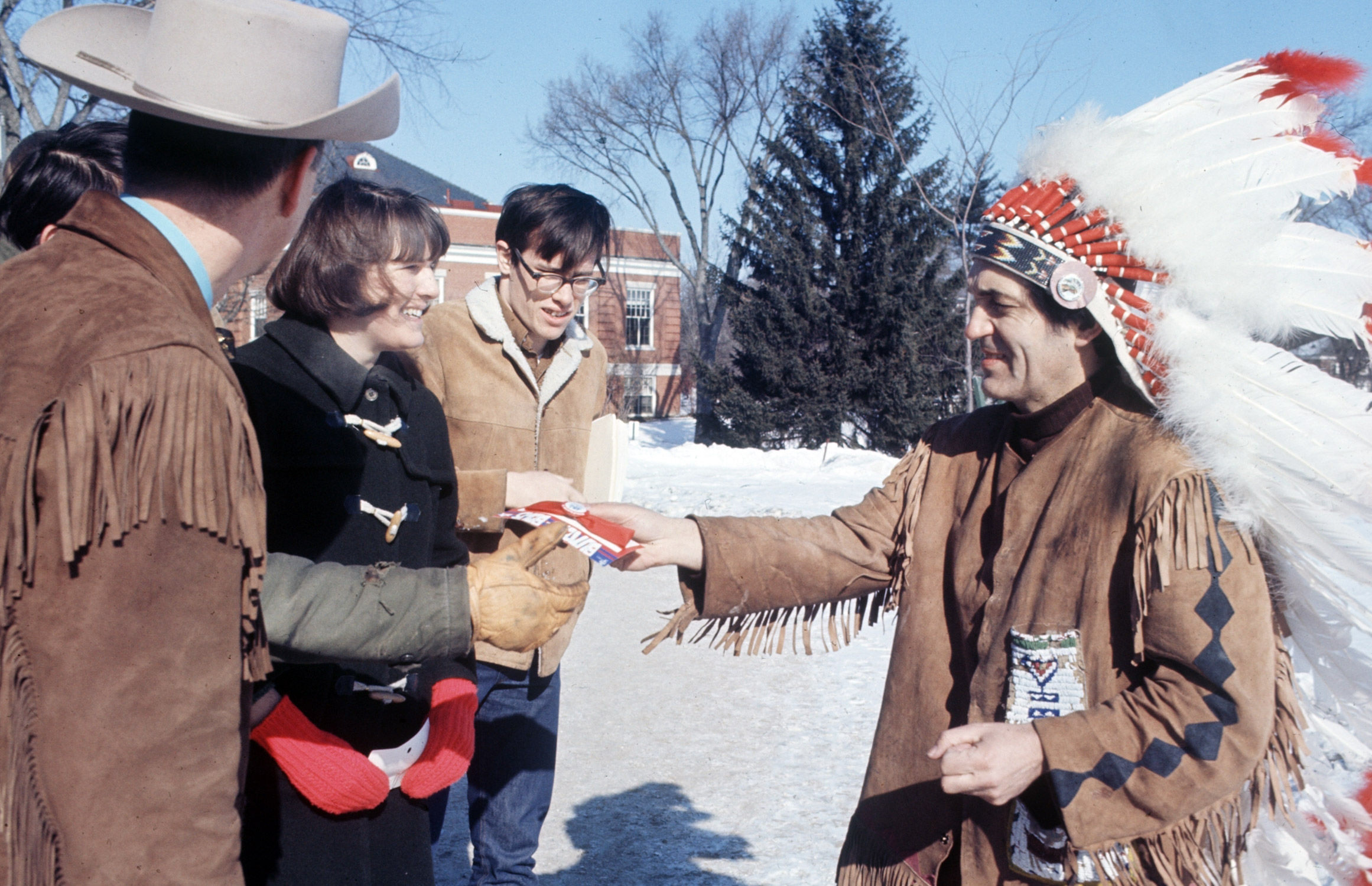
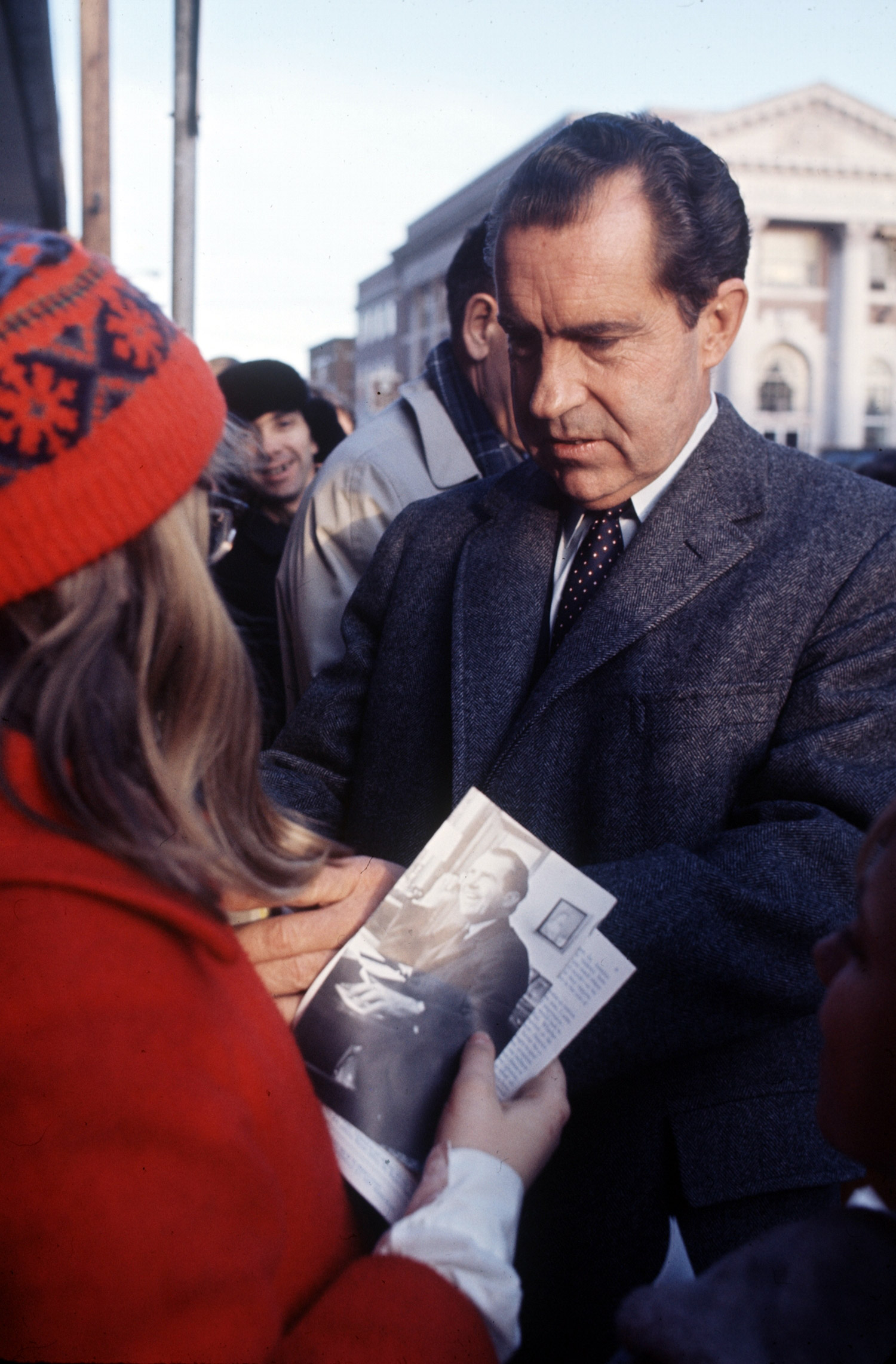
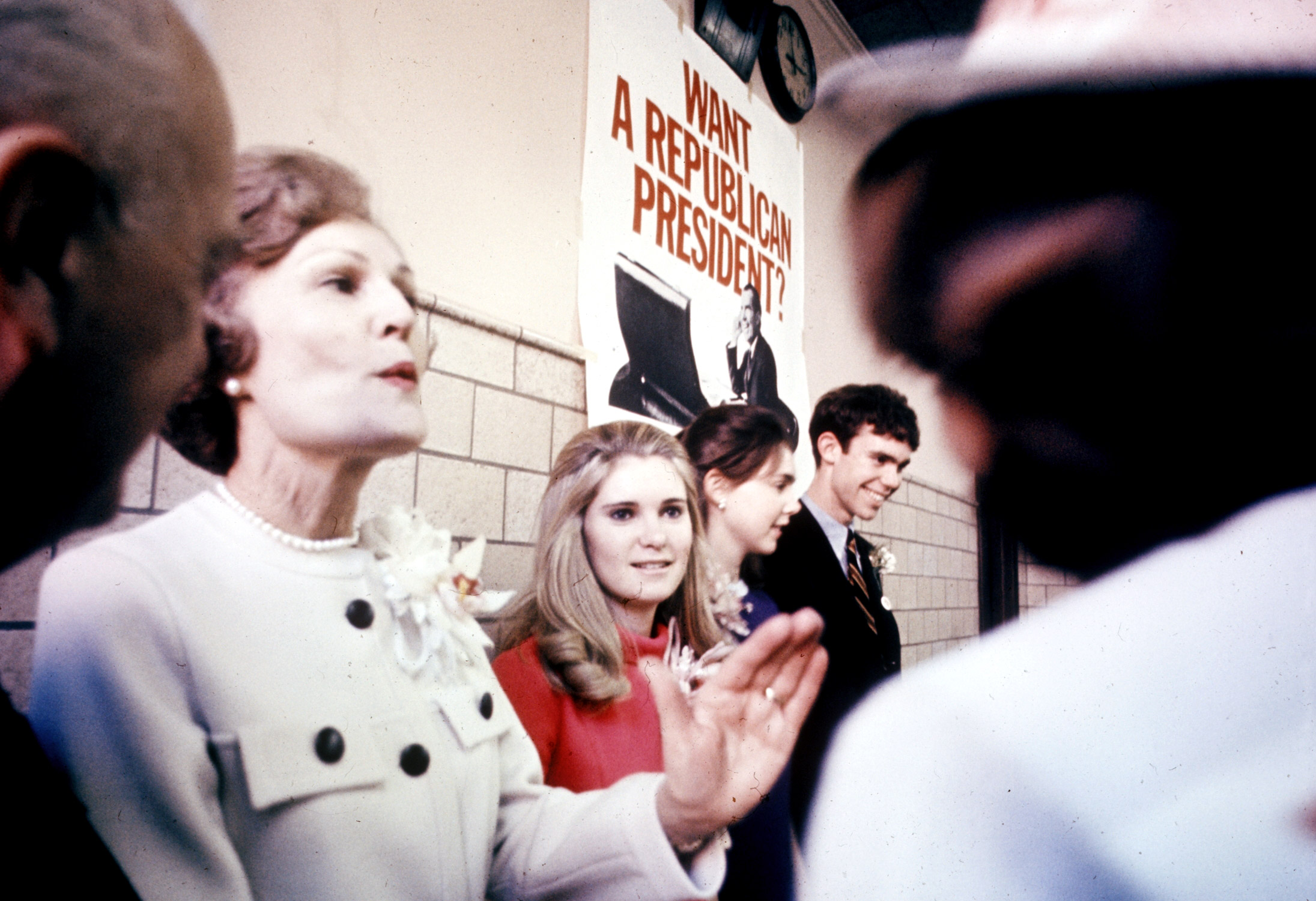
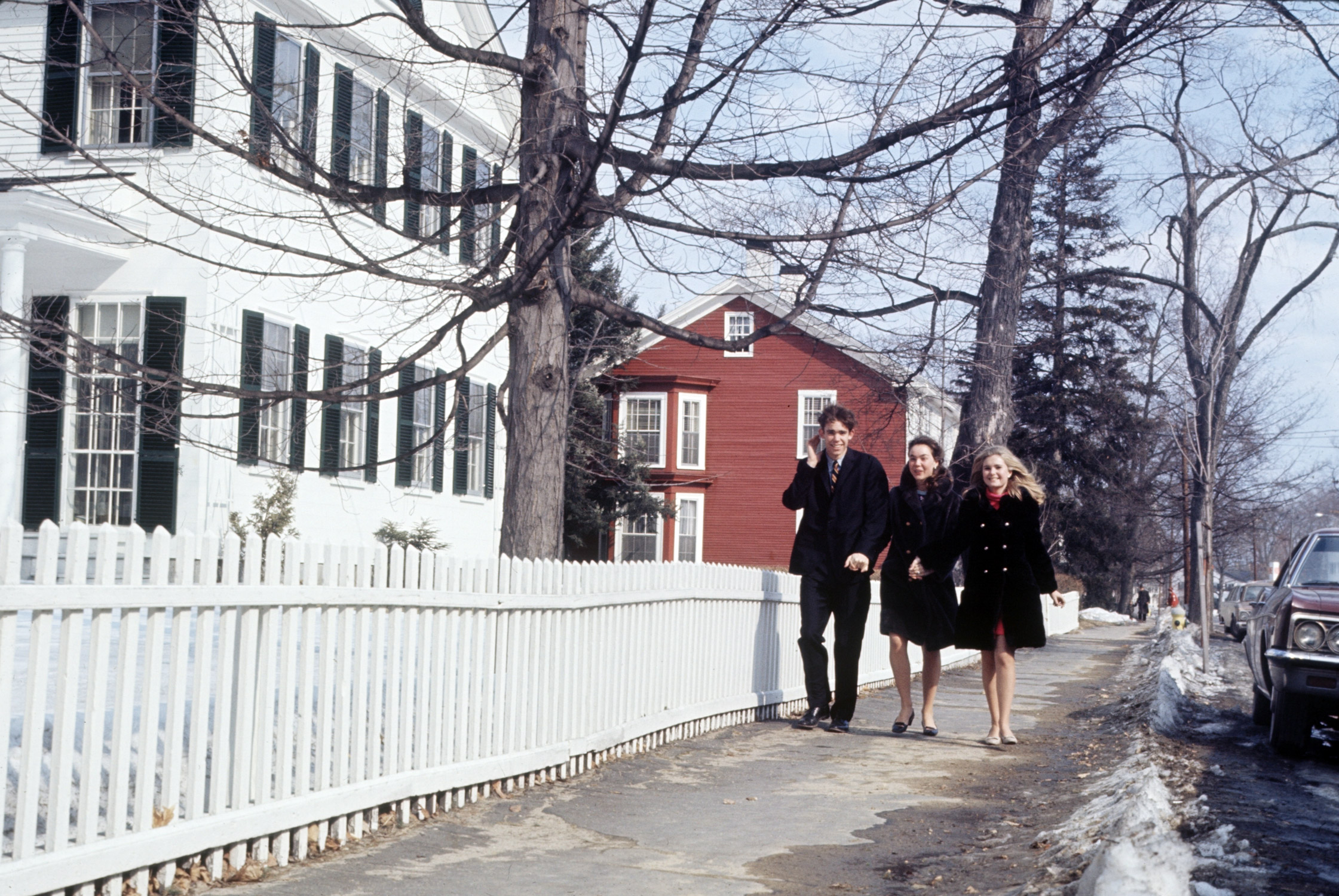
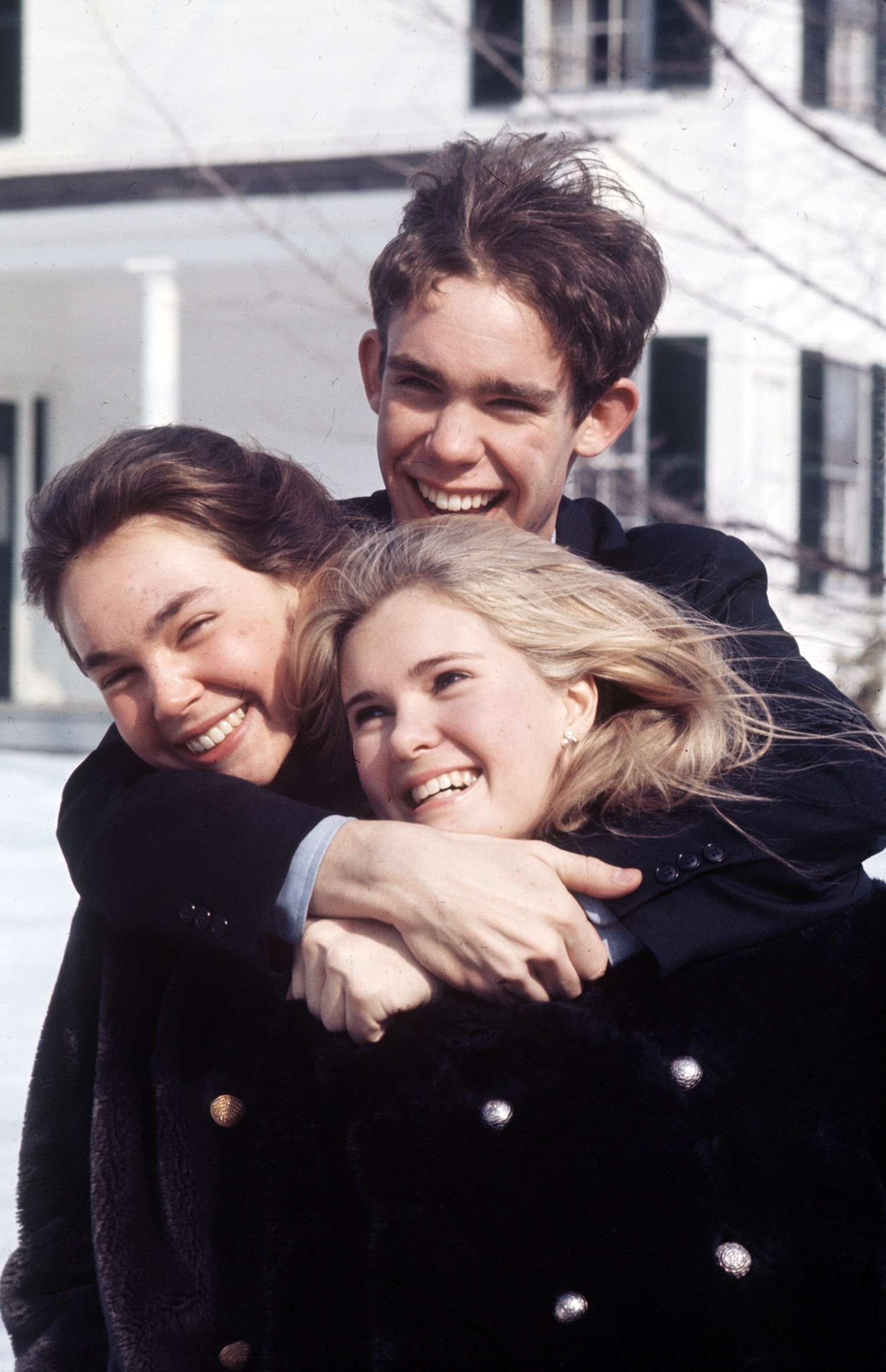
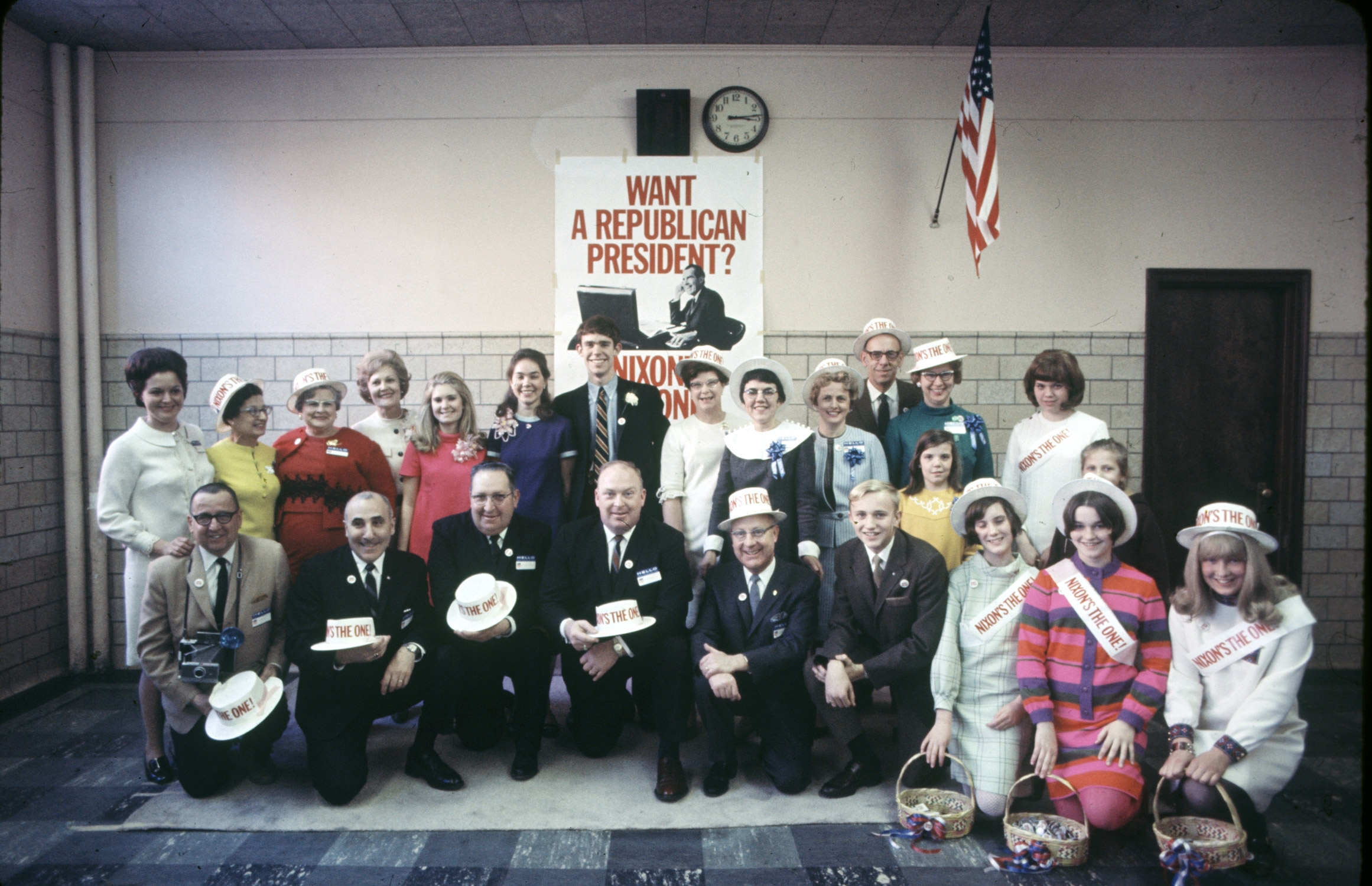
More Must-Reads from TIME
- Donald Trump Is TIME's 2024 Person of the Year
- Why We Chose Trump as Person of the Year
- Is Intermittent Fasting Good or Bad for You?
- The 100 Must-Read Books of 2024
- The 20 Best Christmas TV Episodes
- Column: If Optimism Feels Ridiculous Now, Try Hope
- The Future of Climate Action Is Trade Policy
- Merle Bombardieri Is Helping People Make the Baby Decision
Write to Eliza Berman at eliza.berman@time.com